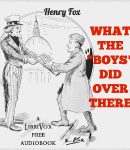
What the ”Boys” Did Over There
Personal accounts and recollections of soldiers coping with body lice, poisonous gas, rats, and death in the trenches during WWI. – Summary by Jeffery Smith [chương_files]
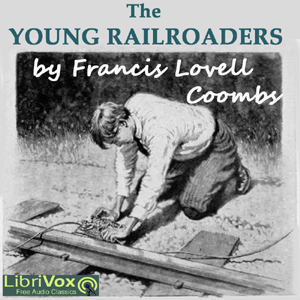
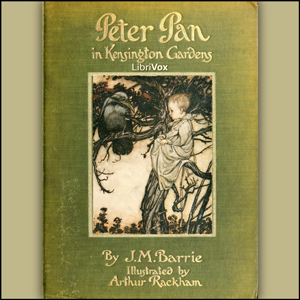

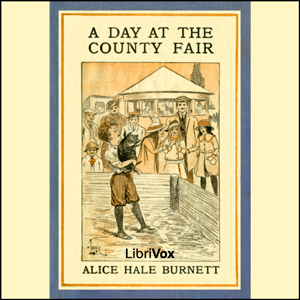
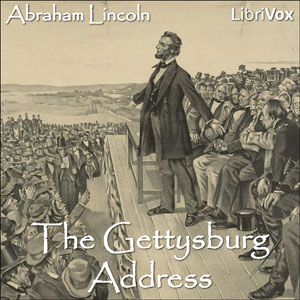
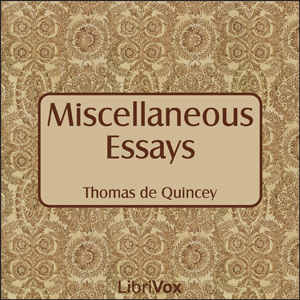
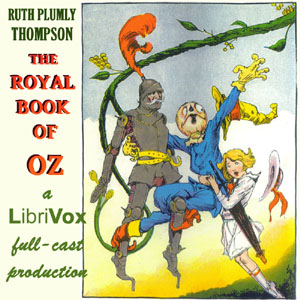
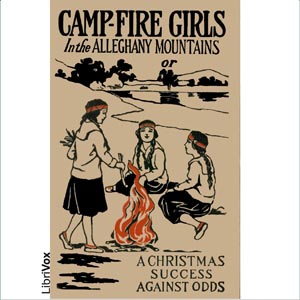
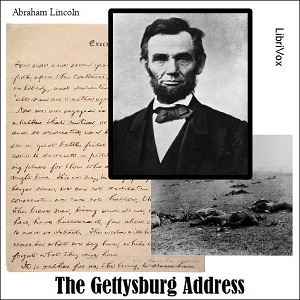
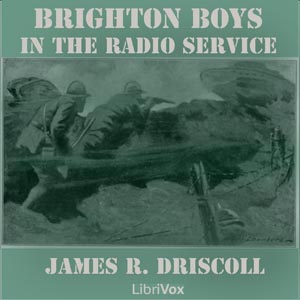
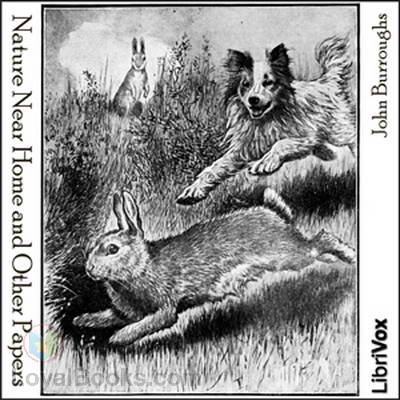




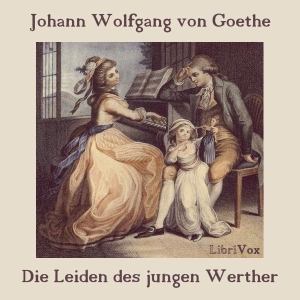


Personal accounts and recollections of soldiers coping with body lice, poisonous gas, rats, and death in the trenches during WWI. – Summary by Jeffery Smith [chương_files]
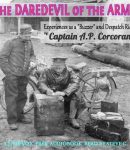
At just twenty-six years of age, the author – A P Corcoran had already led an adventurous life, having twice sailed around the world, experiencing many cultures and civilisations, journeyed and hunted through the heart of Africa, worked on a ranch in Bolivia and travelled throughout Europe. With Austria and Serbia on the brink of war and both Germany and France preparing for imminent hostilities, he managed to escape back to England just in time to hear the first cry for volunteers to join the British Army. When a special call came for University men to form for the first time a corps of motorcycle despatch riders, he signed up with the Royal Engineers Signal Section and undertook countless missions. In the middle of battle, the only way that communications could be passed between different sections was by the bravery, ingenuity, persistence and dedication of the motorcycle despatch riders. Promoted during the war from corporal to the rank of captain he also moved from despatch riding to being Brigade Signal Officer in operational charge of his section’s wireless, telephone and telegraph communications. Never far from the front line, A P Corcoran and his fellow riders and signal comrades performed an invaluable role in ensuring that the vital flow of information was maintained between any and all fighting units in the field of operations. “Deliver your despatch at all costs …” was the watchword of their Corps. – Summary by Steve C [chương_files]
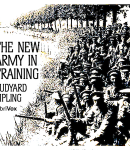
Kipling’s brief assessment of the British New Army being assembled to fight in the Great War. Concerns itself with training and logistics but more importantly with the human side of the vast collection of new battalions. These come from throughout the Empire, including Canada, India, and other territories. – Summary by KevinS [chương_files]

The State of the Union address is a speech presented by the President of the United States to a joint session of the United States Congress, typically delivered annually. The address not only reports on the condition of the nation but also allows the President to outline his legislative agenda (for which he needs the cooperation of Congress) and national priorities. This album contains recordings of addresses from Woodrow Wilson and Warren Harding. – Summary by Wikipedia [chương_files]
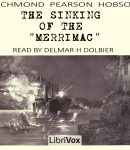
During the Spanish-American War, Naval Constructor Hobson U.S.N. devised a plan to scuttle a ship in the channel leading to Santiago harbor in Cuba and thus bottle up the Spanish fleet at anchor in the bay. This book contains Hobson’s personal narrative of how the scheme was carried out and of what happened afterward. ( Delmar H. Dolbier) [chương_files]
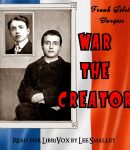
Gelett Burgess, an American writer, penned this gripping account of the profound change that war caused in a young Frenchman he knew. “Because he was my friend, because he was so lovable, because he suffered much, I want to try to tell the story of a boy who, in two months, became a man. I happened to see him first just before the war began, and not again until after he had been wounded; and the change in him was then so great that I could not rest until I had learned how it had been brought about.” – From War the Creator (Lee Smalley) [chương_files]

Anne Stuart (1665-1714), Queen of England, Scotland, and Ireland, succeeded William III to the throne in 1702. She was the daughter of the deposed Catholic king, James II, but was of the Anglican faith. Liberal, Irish member of Parliament, Justin McCarthy, writing in 1902, creates in sparkling, uncluttered prose a panoramic canvas of Anne and her times. In the second of the two volumes, McCarthy describes the Battle of Malplaquet, where Marlborough meets the French in “a contest of hand-to-hand fighting on a gigantic scale.” Then follows “the darkest chapter in the record of Queen Anne’s reign,” as a parliamentary conspiracy, headed by Bolingbroke, topples Marlborough from power. From Parliament we move to London’s coffee houses where Londoners gather to read the “Spectator” and where, in 1714, they anxiously await news of the dying Queen. Scarcely has George I ascended his throne, when Jacobites at home and abroad begin to plot a Stuart Restoration under the son of the ousted James. (Pamela Nagami) [chương_files]
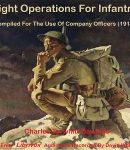
“It must be remembered that many of our men up to the time of their enlistment have passed their lives entirely in large towns, and have rarely been beyond the range of street lamps. Such men, when first taken out in the dark, are helpless; they start at every shadow, stumble even on level ground, make a terrible amount of noise, and are generally in such a state of nervous excitement that they are hardly responsible for their actions. Yet these same men, by a short course of careful, individual instruction, can be trained to work together with confidence on the darkest night, and when once they have gained confidence their further instruction is comparatively easy.” – Summary by Book Chapter 1 [chương_files]
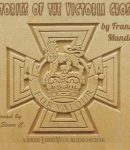
The Victoria Cross is the highest military award that can be made to members of the British and Commonwealth armed forces for acts of gallantry and valour “in the face of the enemy”. The medal was instituted by Royal Warrant in 1856 by Queen Victoria, who had taken an active interest in the reports and despatches during the battles of the Crimean War; especially the details describing the exceptional bravery and gallantry of individual soldiers of all ranks whilst under intense conflict. This book, Stories of the Victoria Cross was one in a series of inspirational texts and ‘heroic writings’ by the Victorian author Frank Mundell and published by The Sunday School Union. The stories presented here relate to actual events that occurred in the field of battle around the turn of the last century and the extraordinary efforts of individuals or groups of soldiers when facing life-threatening situations whilst under fire. – Summary by Steve C [chương_files]
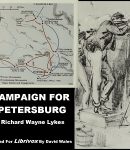
In the American Civil War the Union victory in the ten-month campaign for the city of Petersburg, Virginia (June 1864-March 1865), led directly to the surrender of the Confederacy within two weeks. This 1970 National Park Service booklet tells the story of the campaign. It focuses on the meaning of the campaign and the experience of the soldiers of both sides, with a minimum of references to military units. The listener to this Librivox recording may want to view the printed booklet for excellent maps and revealing photographs. – Summary by david wales [chương_files]
Copyright © 2024 | FreeAudible